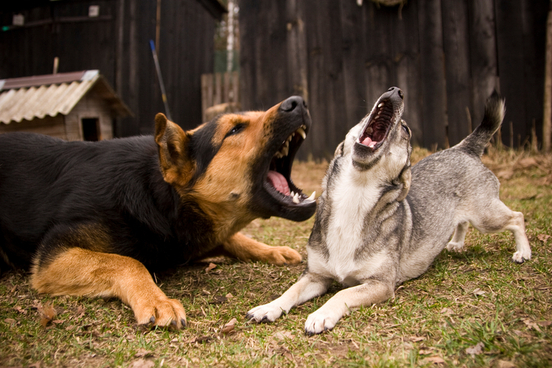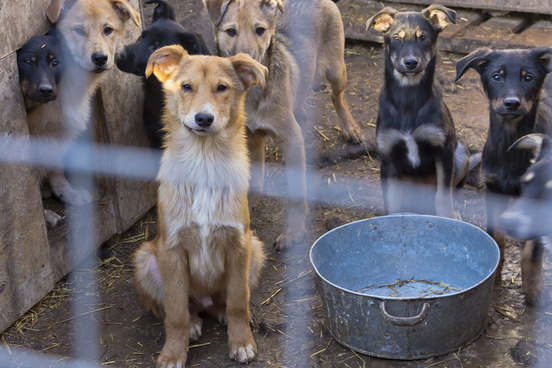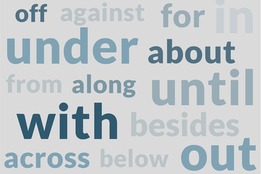Verbs (which as we discussed here express an action (yodel), an occurrence (develop), or a state of being (exist)) are the divas of the Parts of Speech family. They demand to be included in (almost) every sentence and expect everyone to keep up with their often rather eccentric forms. Some verbs are old-school and follow predictable patterns as they go about their business. Others are older than old-school and follow patterns now buried in the language's fossil record.
These changing forms all, of course, have names.
The basic form is called the infinitive. Picture it as the verb with no makeup, in jeans and a t-shirt. It's the stripped-down form, like yodel or go.
Verbs claim most of the territory for expressing when things happen, and they take on different forms, called tenses, to do this. Sometimes the form is simply the infinitive. Other times it's a form that looks absolutely nothing like its plain-Jane infinitive self. Native speakers learn these forms mostly without ever thinking about them.
The main tenses are the present, past, and future. More on these to follow.





















